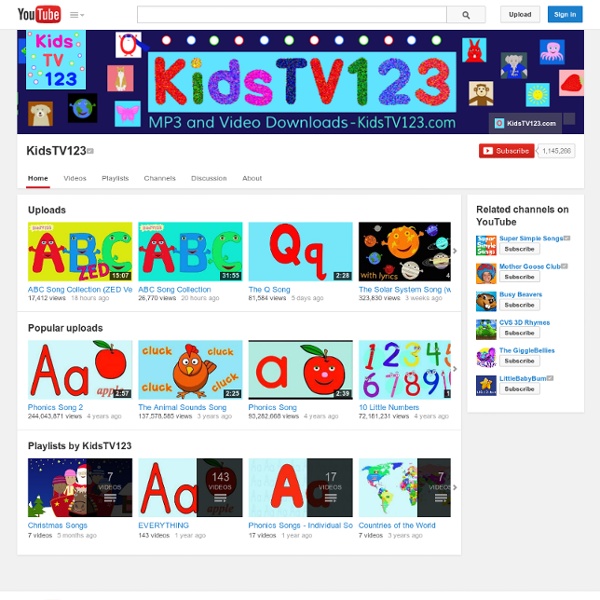



Using Flashcards With Young Learners | The Super Simple Learning Resource Center When introducing vocabulary to young learners, it’s great to use real items that capture children’s attention. However, it’s not always possible or realistic for teachers to use real items in the classroom. Flashcards can be a great way to introduce new vocabulary so that learners have a very clear understanding of the word or concept. When using flashcards or picture cards to introduce vocabulary in the classroom, try to create some suspense or mystery about the cards. Students are more receptive to learning when they are curious. Rather than just flipping through the cards and having students repeat the words, incorporate the cards into activities. Reinforce the vocabulary words in other parts of your lesson, such as in a storytime book, a worksheet or a song. Here are a few simple ideas for introducing and reviewing language using flashcards. Mystery Box One of the simplest ways to engage students’ interest is to introduce new items with a Mystery Box. What’s Missing, Teacher?
Beginner Beginner English, Swedish classes 1-2, lesson periods in Sweden are normally 20-30 minutes once or twice a week. Some teachers just choose to take “English moments” now and then when time allows. WebEnglish.se recommends these periods/moments to consist of songs/rhymes, vocabulary and dialogues/stories either in themes or randomly. Click the category name and see the results listed below: Direct links to Christmas pages: